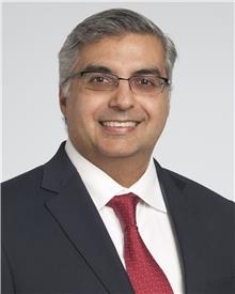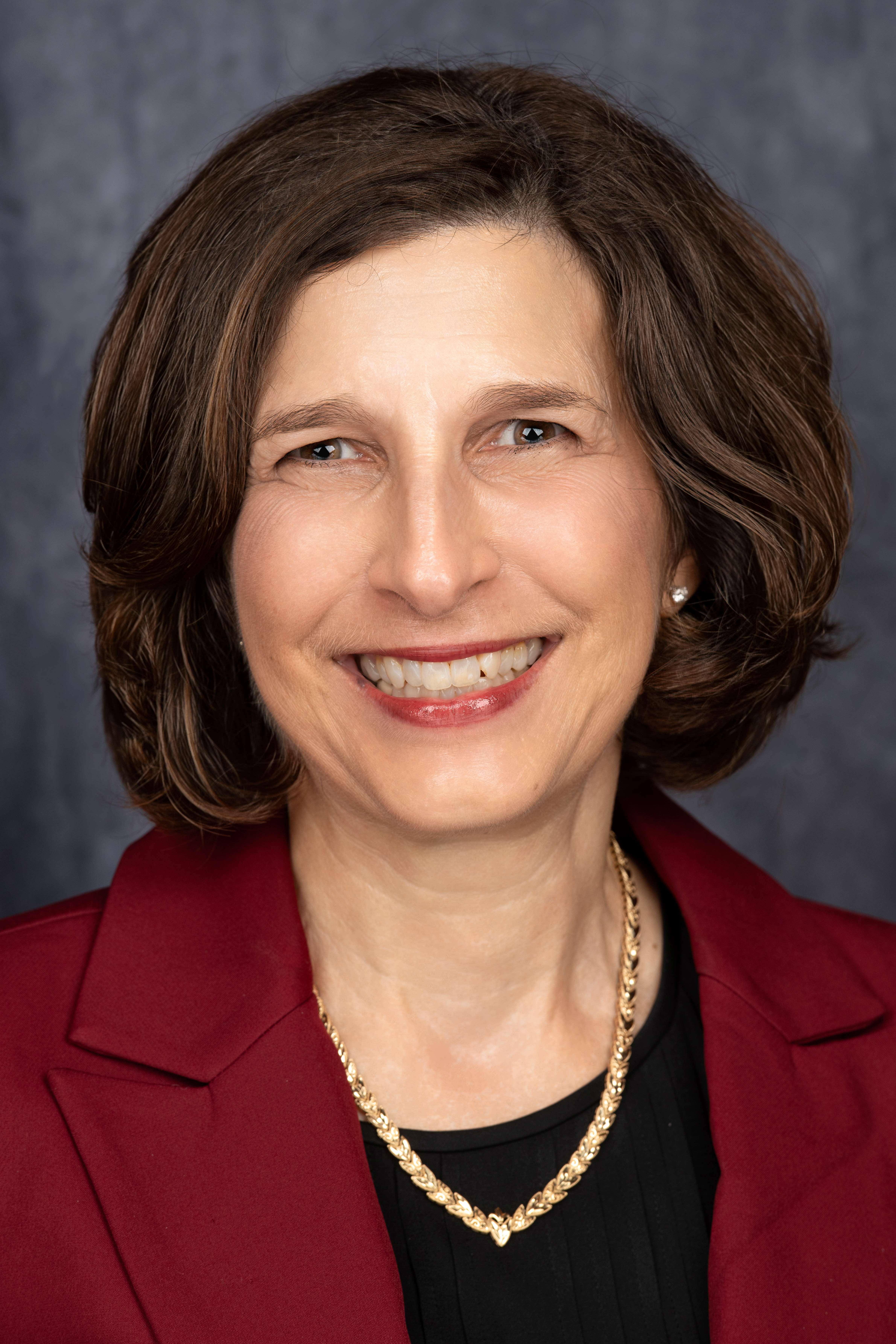
Future Directions in Post-fracture Care: Kyphoplasty - and - Complications of Atypical Femoral Fractures and Osteonecrosis of the Jaw: Regaining Patient Trust
First, a 25-minute talk regarding an update on kyphoplasty recommendations and procedures. Then, a 25-minute session where we will discuss the definitions and current data on the occurrence of atypical femoral fracture and osteonecrosis of the jaw as complications of antiresorptive therapies.
OBJECTIVES
Future Directions in Post-fracture Care: Kyphoplasty:
- Determine current role for Kyphoplasty/Vertebroplasty in vertebral fracture.
- Review data on Adjacent level fractures after kyphoplasty.
Complications of Atypical Femoral Fractures and Osteonecrosis of the Jaw: Regaining Patient Trust:
- Discuss the approach to explaining the risk of atypical femoral fractures and osteonecrosis of the jaw as potential adverse effects of antiresorptive therapies.
- Explain the current data on risk of occurrence of atypical femoral fracture and osteonecrosis of the jaw as complications of anti-resorptive therapy.
- Develop an approach to rebuilding trust with a patient who has experienced an adverse effect of antiresorptive therapy.

Ajit Krishnaney, MD
Staff Physician
Cleveland Clinic, Center for Spine Health, Neurosurgery, and Cerebrovascular Center
Ajit A Krishnaney, MD, FAANS, is a Staff Physician in the Department of Neurosurgery and the Center for Spine Health and holds a joint appointment in the Cerebrovascular Center at Cleveland Clinic. Dr. Krishnaney completed his undergraduate studies at Stanford University and attended medical school at the University of Wisconsin Medical School in Madison, Wisconsin. He completed his internship, neurosurgery residency and complex spine surgery fellowship at Cleveland Clinic. He currently serves as the Associate Chief od Enterprise Safety, Quality and Patient Experience as well as the Vice Chair of the Department of Neurosurgery at the Cleveland Clinic
Dr. Krishnaney's specialty interests include surgical spinal oncology, disorders of the craniocervical junction, cervical deformity, degenerative spine disease, complex spine instrumentation, spinal vascular malformations, and cerebrovascular disease including AVMs and intracranial aneurysms.

Marcy Bolster, MD
Professor of Medicine / Director of the Rheumatology Fellowship Training Program
Harvard Medical School / Massachusetts General Hospital
Dr. Marcy B. Bolster is a Professor of Medicine at Harvard Medical School. She is the Director of the Rheumatology Fellowship Training Program in the Division of Rheumatology, Allergy and Immunology at the Massachusetts General Hospital (MGH). She sees patients in the Rheumatology and Endocrine Associates Outpatient Clinics. She led the efforts to create a Fracture Liaison Service at MGH and served as the Medical Lead from 2014-2021.
Her clinical interests include osteoporosis, scleroderma, and rheumatoid arthritis (RA). She also has an interest in medical education. She received the American College of Rheumatology Distinguished Program Director Award (2019) and the Partners Program Director of the Year Award (2019). She received the Marian Ropes Lifetime Achievement Award from the Arthritis Foundation in 2022.

